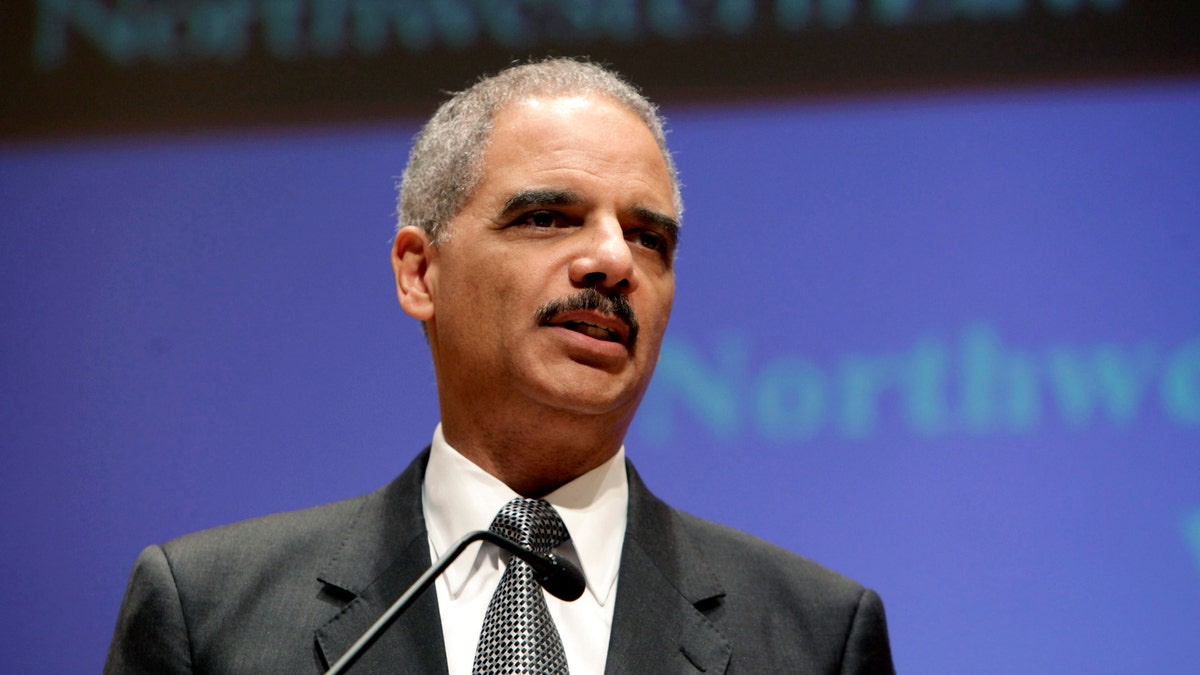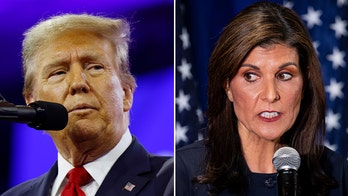
U.S. Attorney General Eric Holder. (Photo by John Gress/Getty Images) (2012 Getty Images)
Austin, Texas – The US Attorney General's office has requested more time to prepare for a trial over Texas' voter ID law, saying the state's legal maneuvering makes it too difficult to meet the tight deadline.
Federal lawyers complained Texas had demanded a speedy trial in order to resolve the issue in time for the Nov. 6 general election. The law passed by the Republican-controlled Legislature last year requires voters to present a government-issued identification card to cast their ballot.
The law is before the district court in Washington, D.C., because Texas is covered by the Voting Right Act, which requires places with a history of racial discrimination to first clear any changes in voting laws with either the Justice Department or the Washington court. The Justice Department believes the Texas law, if enforced, will discriminate against Hispanic voters. Texas Attorney General Greg Abbott insists it won't and now it's up to the court to decide.
Republicans say the law is necessary to prevent fraud, but Democrats say it will prevent the poor and the elderly from voting.
The U.S. attorney general's office had agreed to a July 9 trial date in order to resolve the issue before November. But in court documents filed late Monday, lawyers in the Voting Section of the U.S. attorney general's office complained Texas has filed repeated motions to limit the evidence that can be used in the trial, thus delaying action.
Attorneys for the federal government and civil rights groups say they now need more time because Texas continues to try to block requests for evidence, wrote Elizabeth Westfall, an attorney in the civil rights division of the Justice Department. She wrote that information requested on March 20 still had not been turned over with less than three months before trial.
Abbott's office did not immediately respond to an email requesting reaction to Monday's request.
On Friday, the three-judge panel denied one of Texas' requests to issue an order keeping Texas lawmakers from testifying or turning over documents generated while they drafted the law.
Abbott claimed lawmakers should not have to talk about or reveal their deliberations while creating new legislation. The court, though, disagreed and said the lawmakers who do not want to testify or turn over documents will have to each make their arguments individually to the court.
Based on reporting by the Associated Press.
Follow us on twitter.com/foxnewslatino
Like us at facebook.com/foxnewslatino




